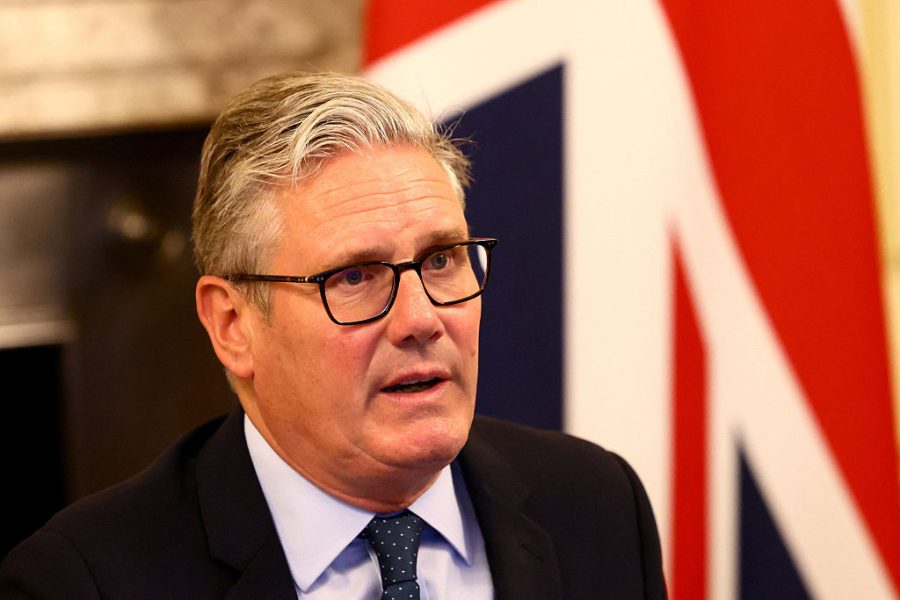Will Keir Starmer’s mini-reshuffle of ministers and key aides solve the Prime Minister’s problems? The Prime Minister has moved Darren Jones from the Treasury to the Cabinet Office in a change widely interpreted as an attempt to sideline Rachel Reeves and boost the government’s ability to deliver on its reforms. Jones was Chief Secretary to the Treasury, but his new Chief Secretary role is designed to ‘drive forward progress in key policy areas’.
It is a response to Starmer’s growing frustration that the Whitehall machine isn’t moving fast enough to deliver his reforms. Over the summer there have been more briefings against the new Cabinet Secretary Chris Wormald for being insufficiently radical and proactive, and Downing Street spent the tail end of last week trying to hose down a row caused by the valedictory briefing that Starmer’s principal private secretary Nin Pandit was being moved from her role because she was ‘ineffective’. There are new faces in the communications and policy teams in Downing Street too.
The trouble with all this churn is that it suggests that the machine around Starmer is the problem, and that only if it worked better, he could be radical, decisive and urgent. The evidence does not bear this out.
Did the welfare reforms end up being neutered because Chris Wormald is the ultimate Whitehall insider? Or because there should have been more visionary ministers in the Cabinet Office? No: they failed because Starmer had a vague sense that the welfare system wasn’t working, but little idea of how to fix it, and then allowed the Treasury to announce a load of cuts to the benefits bill which were nothing to do with reform at all.
The Prime Minister then ignored the concerns of the parliamentary Labour party until it was too late and the government was forced into a humiliating climbdown in the middle of the debate on the legislation. Starmer at the time said he hadn’t engaged sufficiently with MPs’ worries because he was so busy with foreign affairs, but he had also adopted an attitude (not unusual among prime ministers of all stripes) that Labour MPs weren’t particularly worth listening to – until he realised he really had to listen to them. This kind of chopping and changing over major policies not only means discontented backbenchers will learn that they can push the government around and stop it from making the changes it wants to, but it also undermines the case for real reform. It is going to be much harder for the rest of this parliament and the next for ministers to do anything meaningful with the welfare system.
Similarly, it wasn’t the machine around him that made Starmer’s mouth utter the phrase ‘island of strangers’ in a speech. And neither was it the arrangement of ministers and aides that led to the Prime Minister spending weeks pondering in different interviews whether he should have said those words at all, thus undermining any sense that he has a clear idea of what he wants to do on immigration. You can have the best or the worst Whitehall machine in the history of governing, and it will make little difference if you as leader don’t have a clear sense of what you want to do. Starmer has been quiet over the summer: perhaps he has reflected on that too, realising that while institutional inertia may be a serious problem in British politics, the machine can’t move if its driver doesn’t know where he wants to go.







Comments